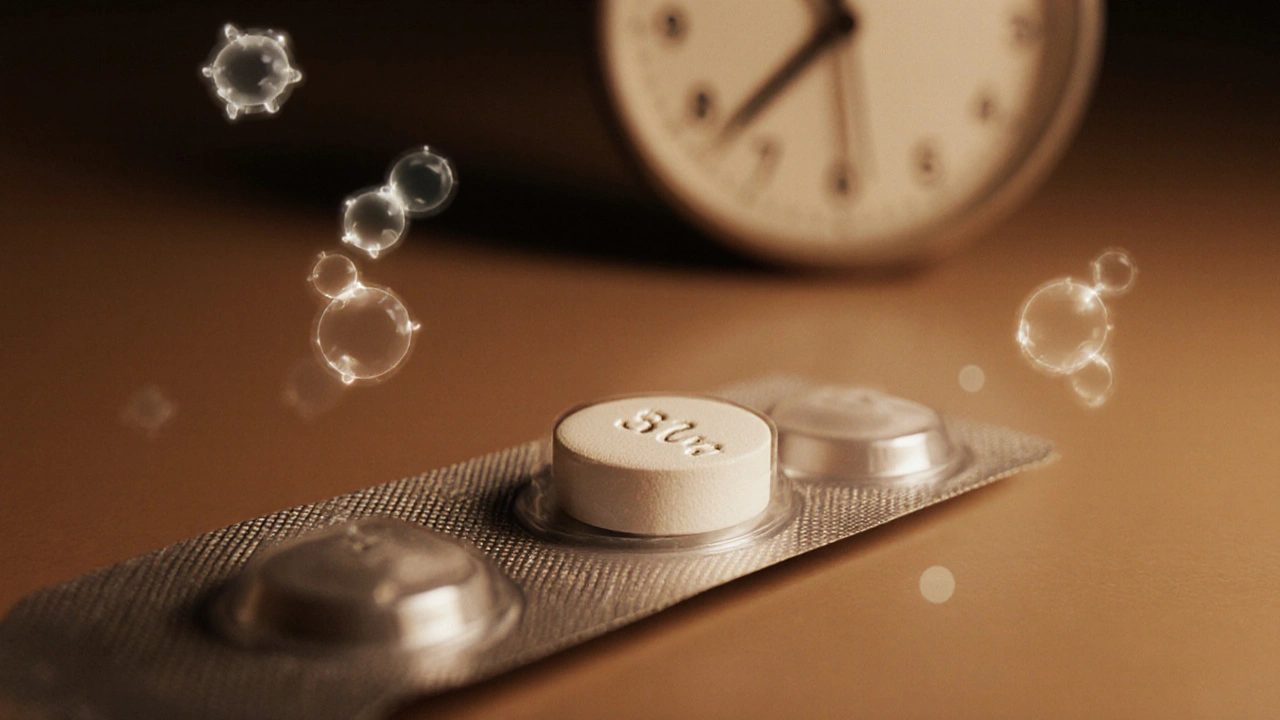Priligy alternatives: practical options for premature ejaculation
Priligy (dapoxetine) helps some men, but it’s not the only choice. If Priligy isn’t right for you — side effects, cost, or access — there are several other options. This page lays out the main alternatives, how they work, and what to watch for so you can talk to your doctor with confidence.
Medical alternatives: pills and creams
Other SSRIs. Doctors often use regular antidepressants off-label for premature ejaculation. Drugs like sertraline, paroxetine, or fluoxetine can delay ejaculation, but they usually take days to weeks to work and may cause tiredness, nausea, or libido changes. These are prescription medicines and need a doctor’s follow-up.
Tricyclics. Clomipramine is an older antidepressant sometimes used when SSRIs don’t help. It can be effective but has more side effects, so it’s a second-line option under medical supervision.
Topical anesthetics. Creams or sprays with lidocaine or prilocaine numb the penis surface and often work quickly. Apply as directed and wipe off before sex to avoid numbing your partner. Common issues are reduced sensation and possible irritation.
PDE5 inhibitors. Drugs like sildenafil (Viagra) don’t directly treat premature ejaculation but can help when erection problems and early ejaculation happen together. Some men use them combined with other treatments.
Non-drug options & practical tips
Behavioral techniques. The stop-start and squeeze methods teach more control during sex. They take practice but have no drug side effects. Try them with a supportive partner or during masturbation practice first.
Pelvic floor exercises. Strengthening the pelvic muscles with Kegels can help control ejaculation for some men. Do short, frequent contractions several times daily and combine them with breathing control during sex.
Condoms and desensitizing condoms. Thicker condoms lower sensation and can delay ejaculation. Desensitizing condoms are another low-risk choice to try first.
Sex therapy and counseling. If anxiety, relationship issues, or performance pressure play a role, talking to a sex therapist or counselor often improves results faster than pills alone.
Supplements and herbal products. You’ll see many over-the-counter claims, but evidence is weak or inconsistent. Use caution, check interactions, and ask your doctor before trying anything new.
How to choose? Think about speed of action (topicals act fast; oral SSRIs need time), side effects, cost, and whether anxiety or medical issues are involved. If you have heart disease, take nitrates, or have other health problems, tell your doctor — some drugs aren’t safe for everyone.
If one approach doesn’t help, combining methods often works better — for example, an SSRI plus behavioral therapy, or a topical anesthetic plus condoms. Always discuss combos with a clinician.
Want a next step? Talk to your GP, urologist, or a sexual health clinic. They can rule out medical causes, suggest safe options, and set up follow-up so you get the best result without unnecessary risks.

